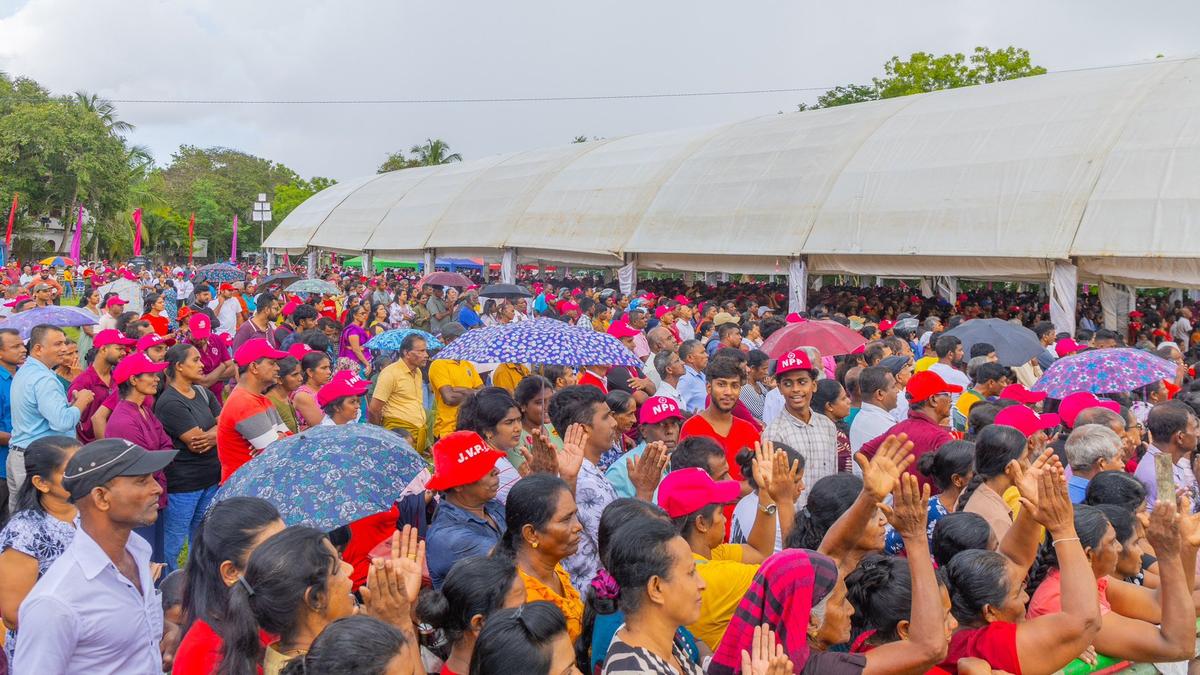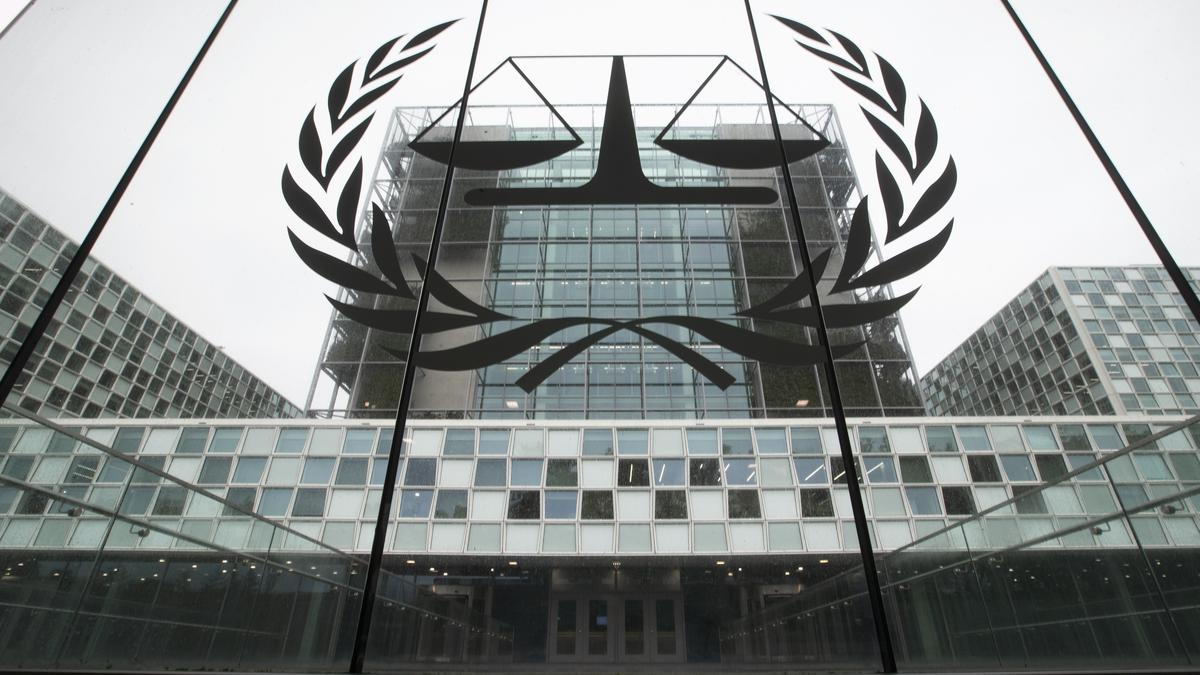As President Anura Kumara Dissanayake’s ruling alliance eyes a parliamentary majority in Sri Lanka’s November 14 general elections voters in Ampara, located on Sri Lanka’s east coast, reflect all that is going well for the new leader and the challenges that remain.
Also known as the Digamadulla electoral district, Ampara is an interesting case-study for voter sentiments across Sri Lanka’s ethnic groups. The island’s three main ethnic communities — Sinhalese, Tamils, and Muslims — cohabit this district which, along with Batticaloa and Trincomalee, makes up the Eastern Province. Ahead of the parliamentary polls that come barely two months after the presidential election, voters’ views range from hope to scepticism.
The rise of a leftist politician from the margins of Sri Lanka’s political mainstream to presidency made global headlines in September. While Mr. Dissanayake’s win was a remarkable milestone for his party, the Janatha Vimukthi Peramuna (JVP of People’s Liberation Front), and broader alliance, the National People’s Power (NPP), his government’s ability to influence policy and legislation, as the country’s ravaged economy pulls itself out of an unprecedented crisis, will be determined in the crucial general elections. The new government is asking voters to “cleanse the parliament”, so its members can have a majority in the 225-member House.
Winning minorities’ trust
Mr. Dissanayake was not the most preferred candidate for President among voters in Ampara, where he won only 25.74 % of the mandate. His chief rival, former opposition leader Sajith Premadasa secured 47.33 %, consistent with his performance in other districts in the island’s north and east where Tamils and Muslims reside in large numbers.
However, locals note that this week’s election may reveal a shift towards the NPP among the ethnic minorities, especially the youth. This “more recent” switch, according to them, is rooted in anger and frustration with their elected representatives from regional parties.
While some voters are keen to elect someone well known to them, from their own networks, others are “tired” of the old guard of politicians leading prominent Muslim parties and are “looking for change”, according to K. Nihal Ahamed in Addalaichenai town. A prominent land rights campaigner in the eastern region, where residents are agitating to reclaim their land taken over by state agencies or business interests, he notes: “Our [local] leaders have not done anything about it – not while in government, not while in opposition. They have instead used regionalism or religious nationalism for their own political gains. Our people have had enough, they want the former MPs to ‘go home’.” He was playing on the popular demand, “Go home, Gota”, that dominated citizens’ protests during the 2022 meltdown.
Sri Lanka’s Muslims, especially those living in the Eastern Province, vividly remember voting amid great fear in 2019 when Gotabaya Rajapaksa won the presidency. The election came on the heels of the deadly Easter Sunday terror attacks, that shook the island. While it was executed by a network of Islamist radical suicide bombers, who the local Muslim community emphatically denounced, “locals had to deal with enormous surveillance and harassment at the time,” Mr. Nihal Ahamed recalls. Citing Mr. Dissanayake’s pledge to bring the real perpetrators to book, he says: “We feel a sense of relief that we are no more seen as a threat to national security.”
Women are “more determined” to see change, says Sainulabdeen Janeeta, a feminist activist. “The traditional Muslim parties are facing fierce opposition. Many, even in the older generation are talking about boycotting them this election. People are frustrated and see hope in the NPP,” she says.
Reason for hope?
T. Selvarani in nearby Thirukkovil shares a similar frustration with her own elected representatives from Tamil parties, but the NPP is yet to win her trust. “President Anura says he will bring about change for the country. That is definitely a good thing. But will life for people like me also change?”, she asks.
For over a decade now, Ms. Selvarani has been relentlessly looking for her husband, who surrendered to the army in the final years of the civil war. She leads the struggle of Tamil families of disappeared persons in the district and is frequently summoned by the police for questioning. “I am waiting hear the President’s message to us. How will he solve our problem?”. While chasing her husband’s whereabouts, Ms. Selvarani single-handedly supports her son, the only surviving family member with her, after she lost two sons to the Indian Ocean tsunami in 2004. While she has no hostility towards the country’s new President, she has no reason yet to be hopeful. “I wish he is different to the past leaders and addresses our issue. They say his own party cadre have also faced enforced disappearances. Let us see,” she says.
While it remains to be seen how President Dissanayake might inspire confidence in war-affected Tamils, his alliance may also have more work ahead to win over sections of the Sinhalese, especially in the east. Land is premium in this scenic, tourist stretch and conflicts over land have impacted all communities, including the Sinhalese. Farmer Punchirala Somasiri, leader of a local movement to protect residents’ land in Panama village, says he had little support or solidarity from the JVP or NPP in all these years. “Farmers here have been agitating for long to secure our lands because of this aggressive push to develop tourism. They have been taking over people’s land and giving it to private companies. Where was this party all these years?” he asks. “The President says his government will bring about system change. I am waiting to see if what he says translates to action.”
Published – November 12, 2024 08:31 pm IST




